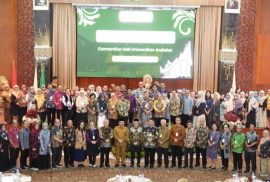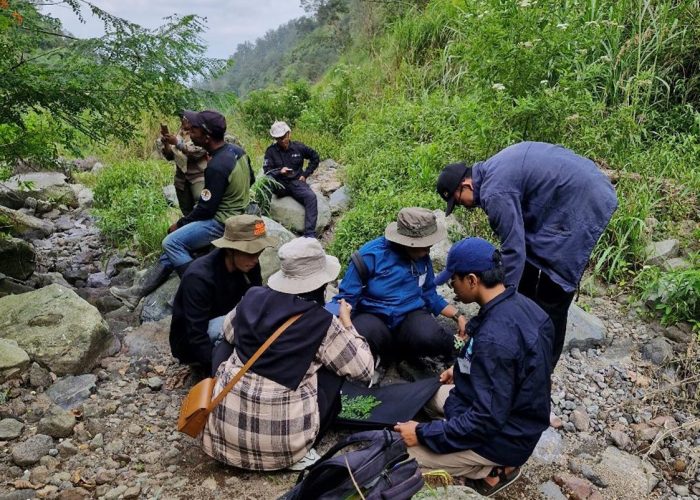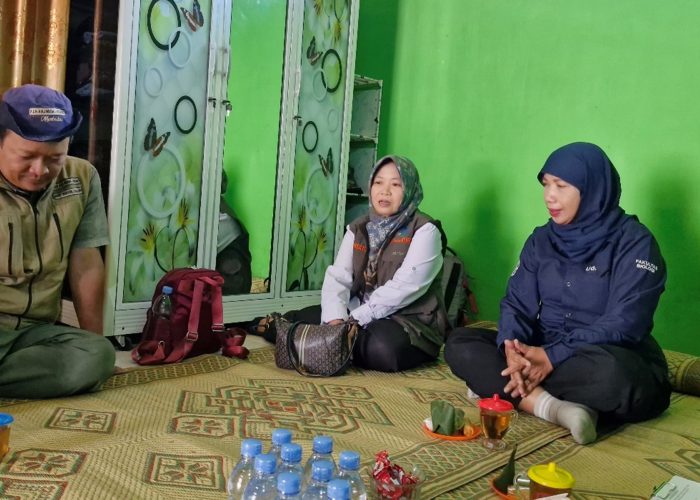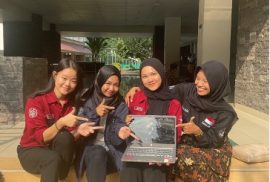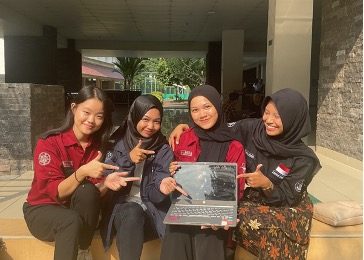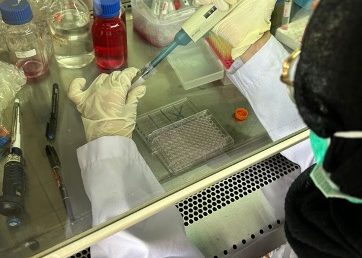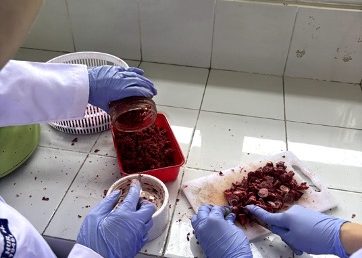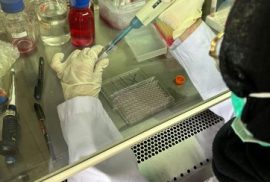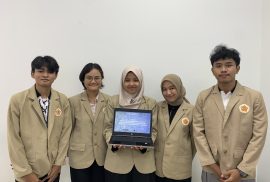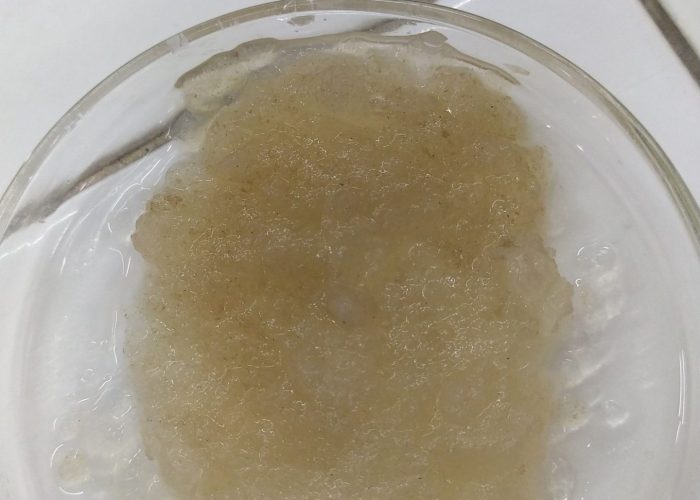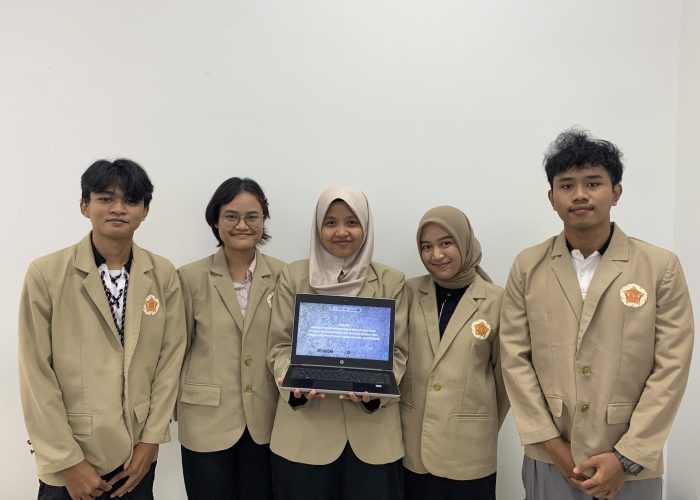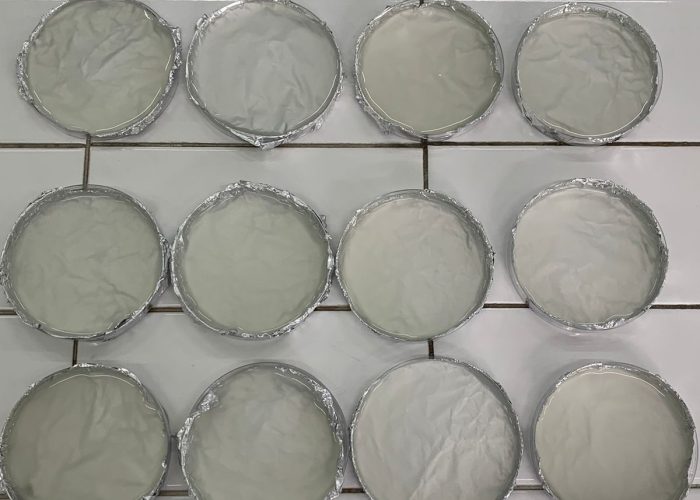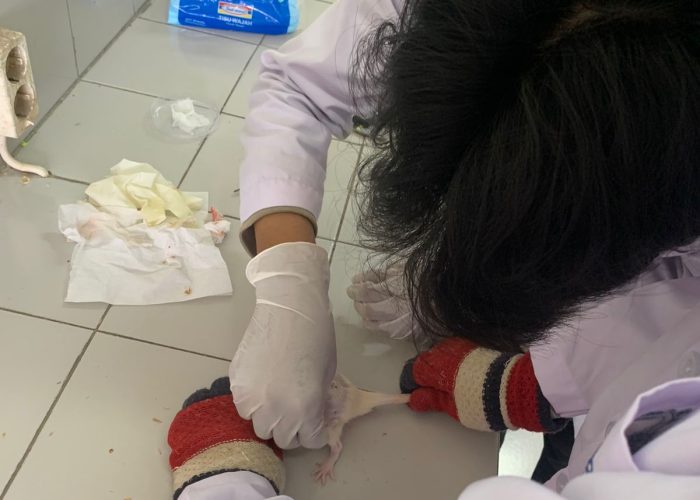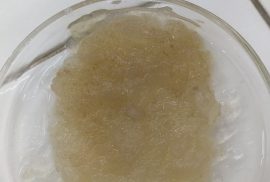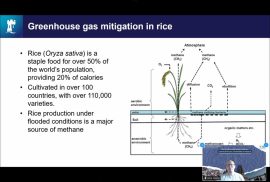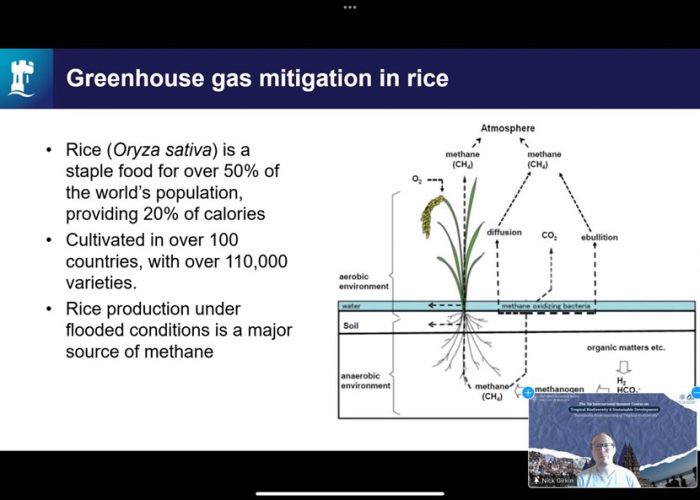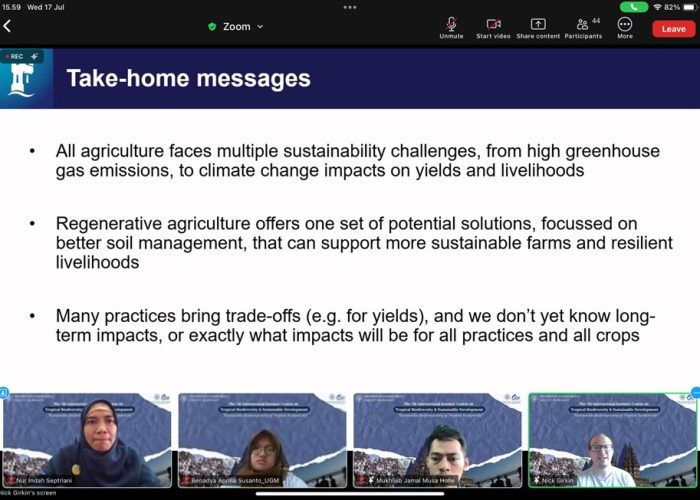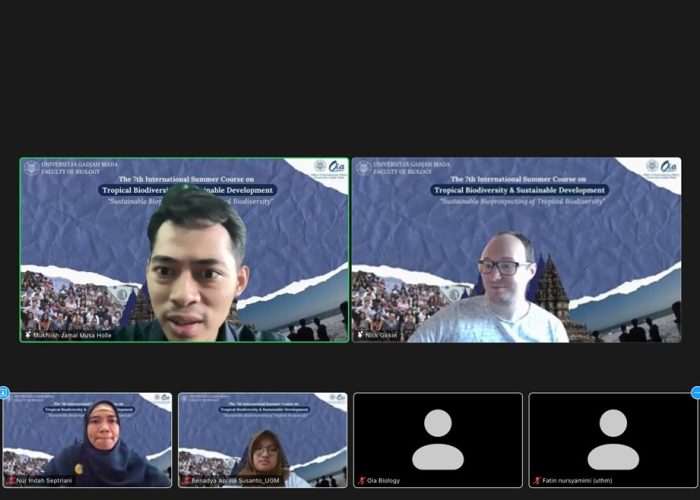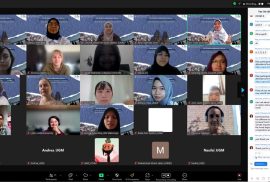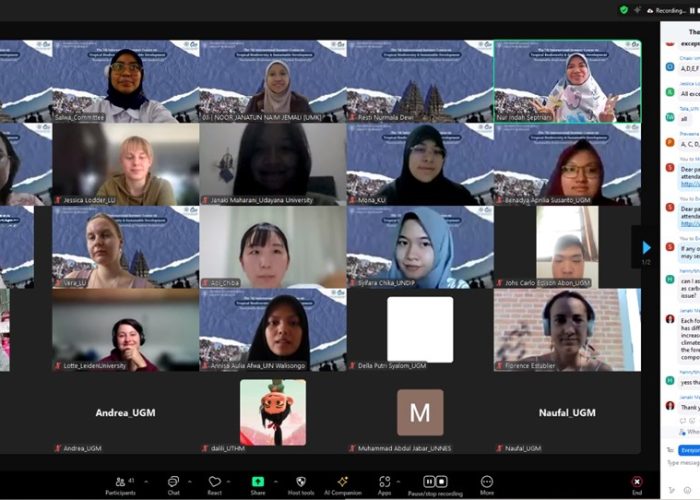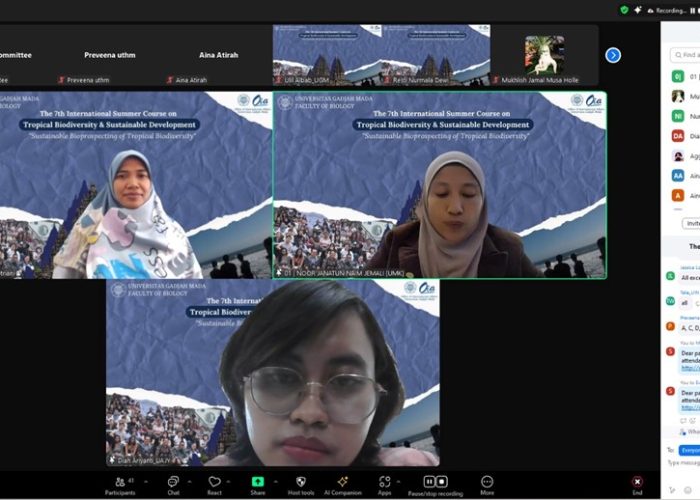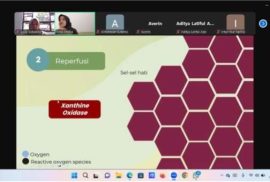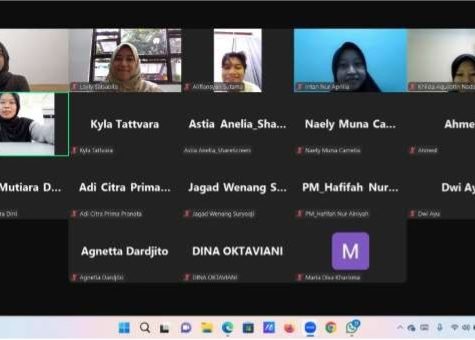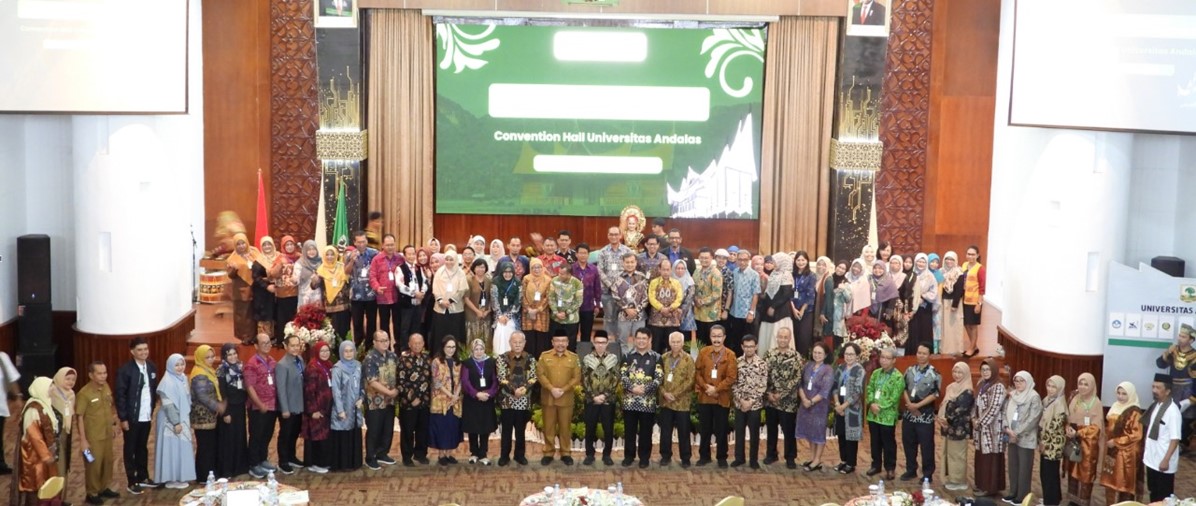
The Rakernas was officially opened by the Governor of West Sumatra, represented by the Provincial Secretary of West Sumatra, Drs. Hansastri, Ak., M.M., CFrA. In his speech, he mentioned that the West Sumatra Provincial Government has collaborated in research with Andalas University, one of which includes the development of essential oils and human resource development. The event was then officially opened by the Chairman of KOBI, Prof. Dr. Budi Setiadi Daryono, M.Agr.Sc., who emphasized the importance of Indonesia as the number one megabiodiversity country in the world and encouraged biologists to complete marine biodiversity data, especially for the deep sea. “We hope that KOBI meetings become a platform for networking in every national working meeting and congress,” he said. The Rector of Andalas University, Dr. Efa Yonnedi, stressed the importance of meetings and networking in promoting collaboration and synergy between universities.

